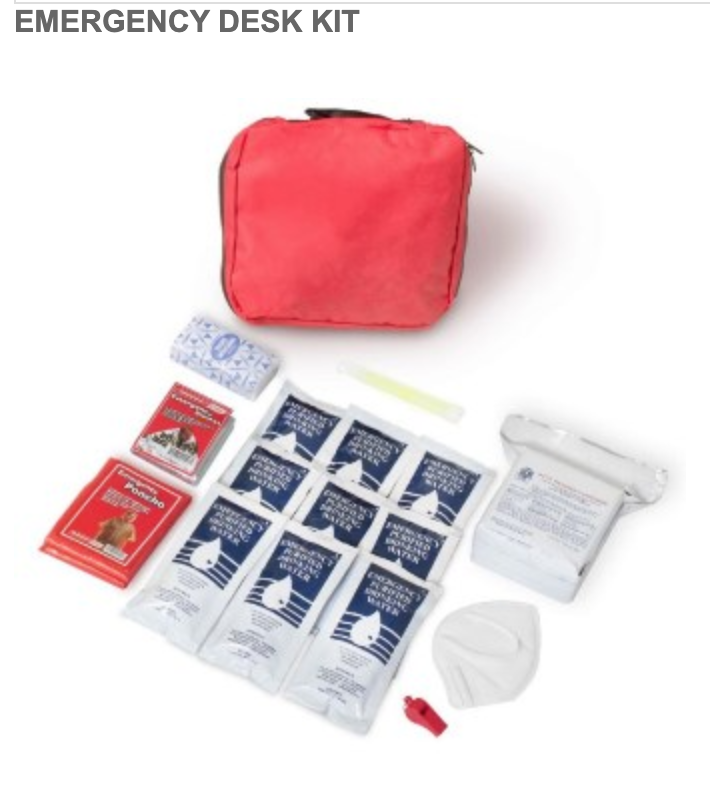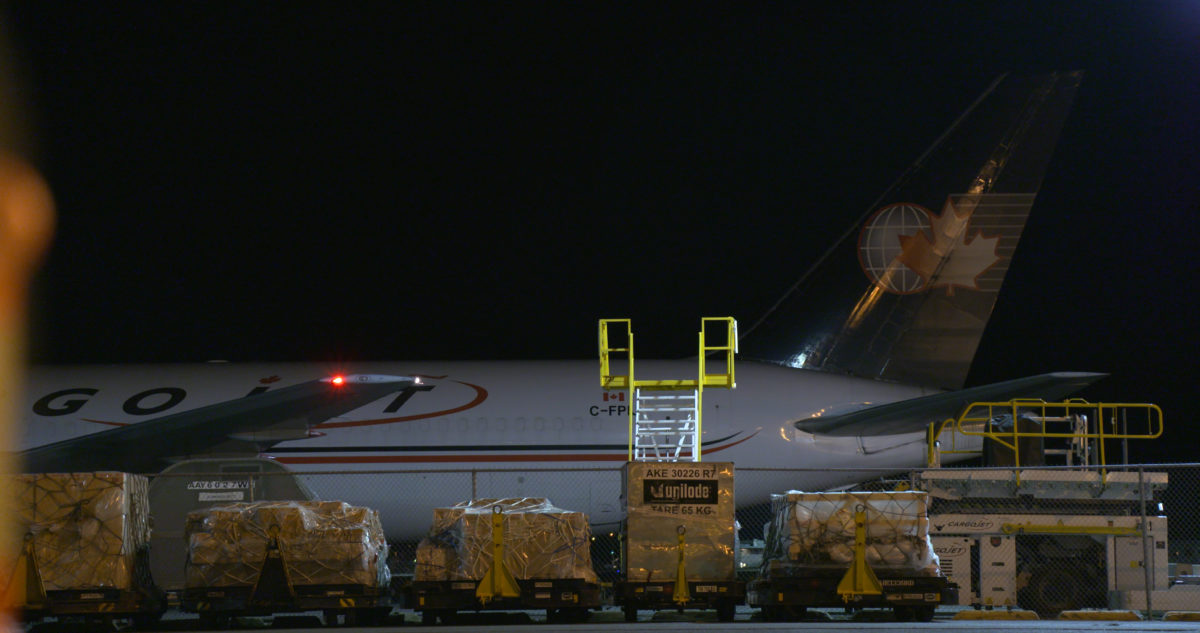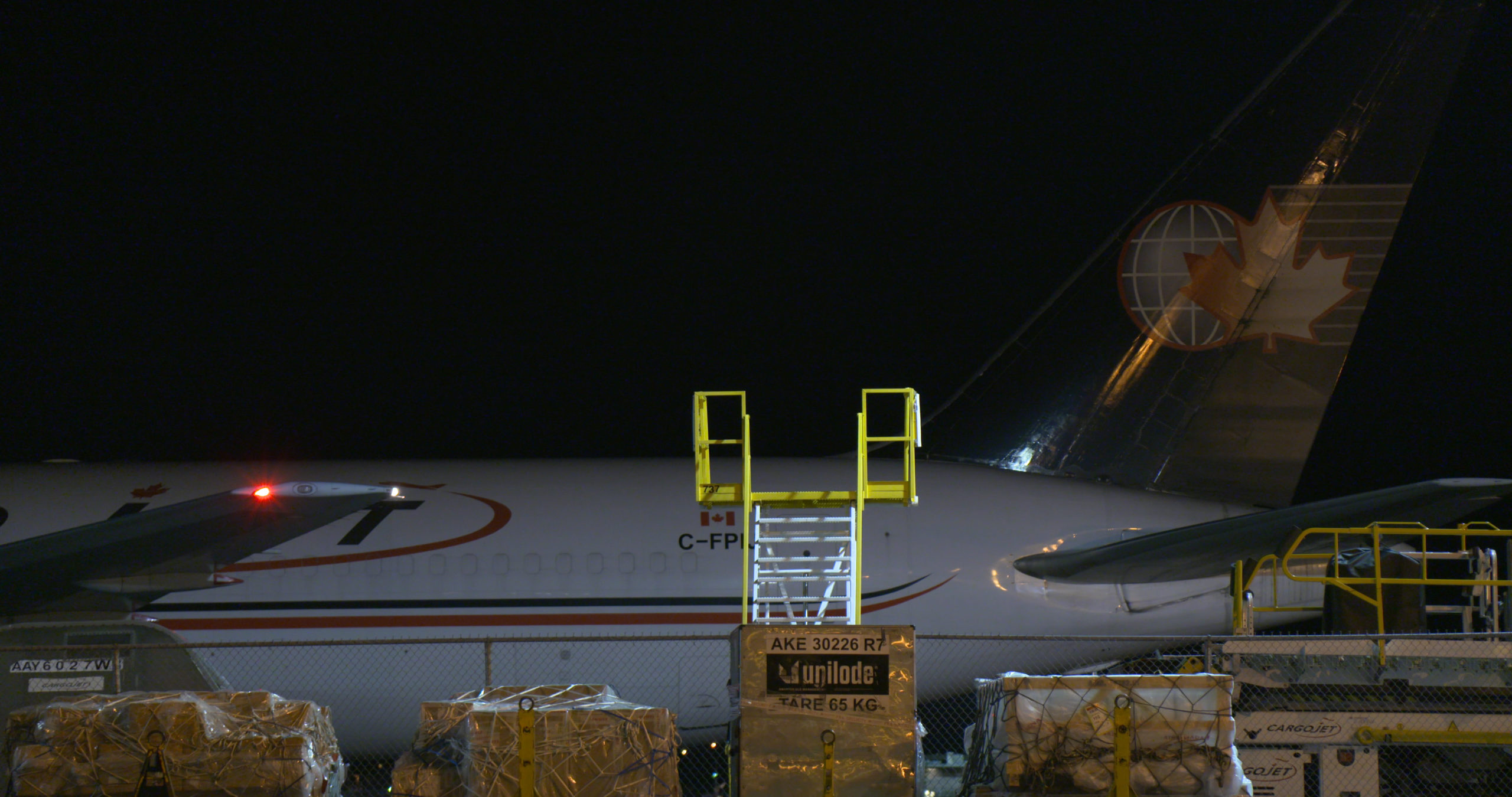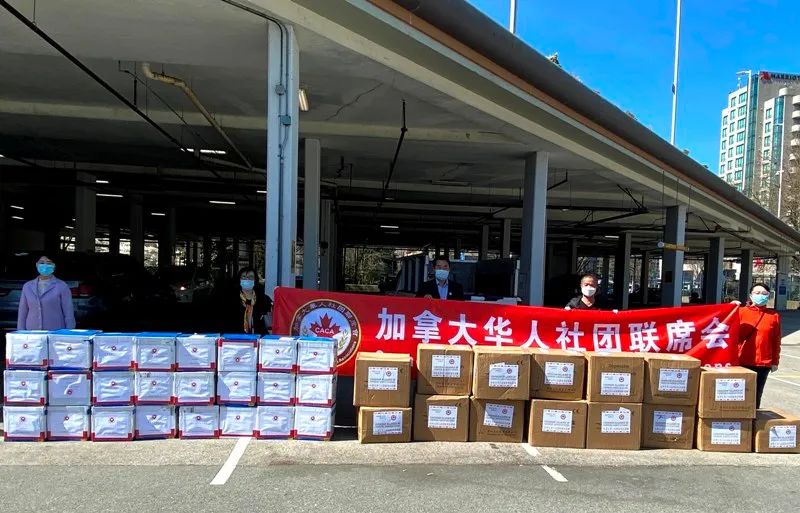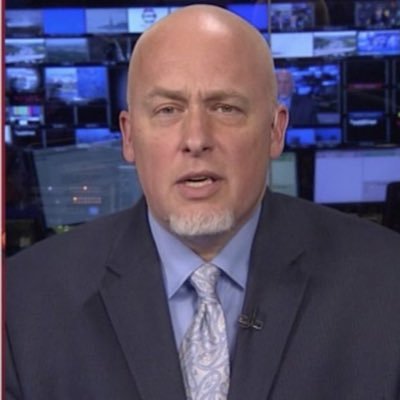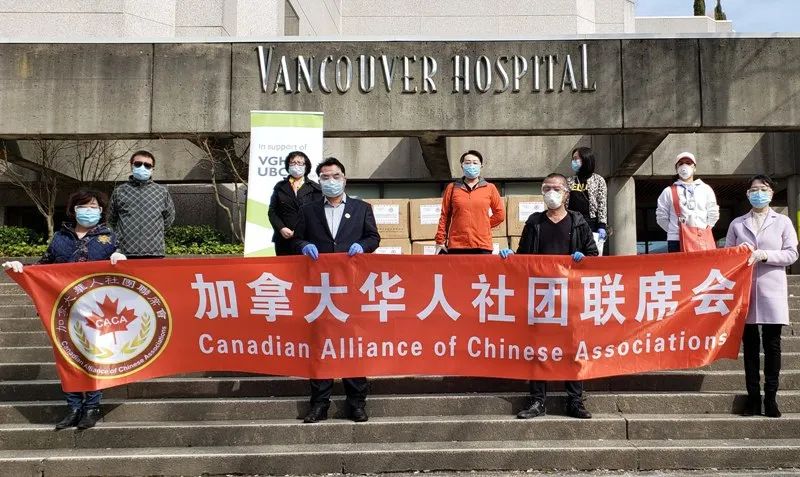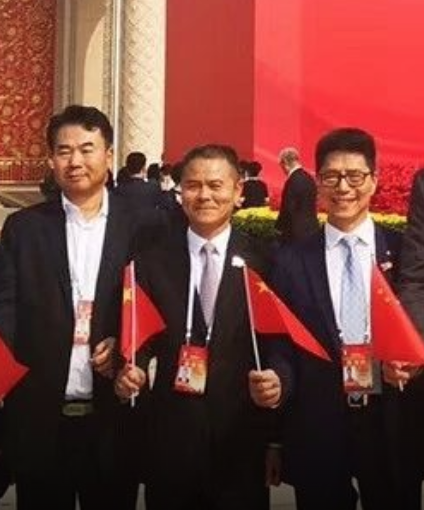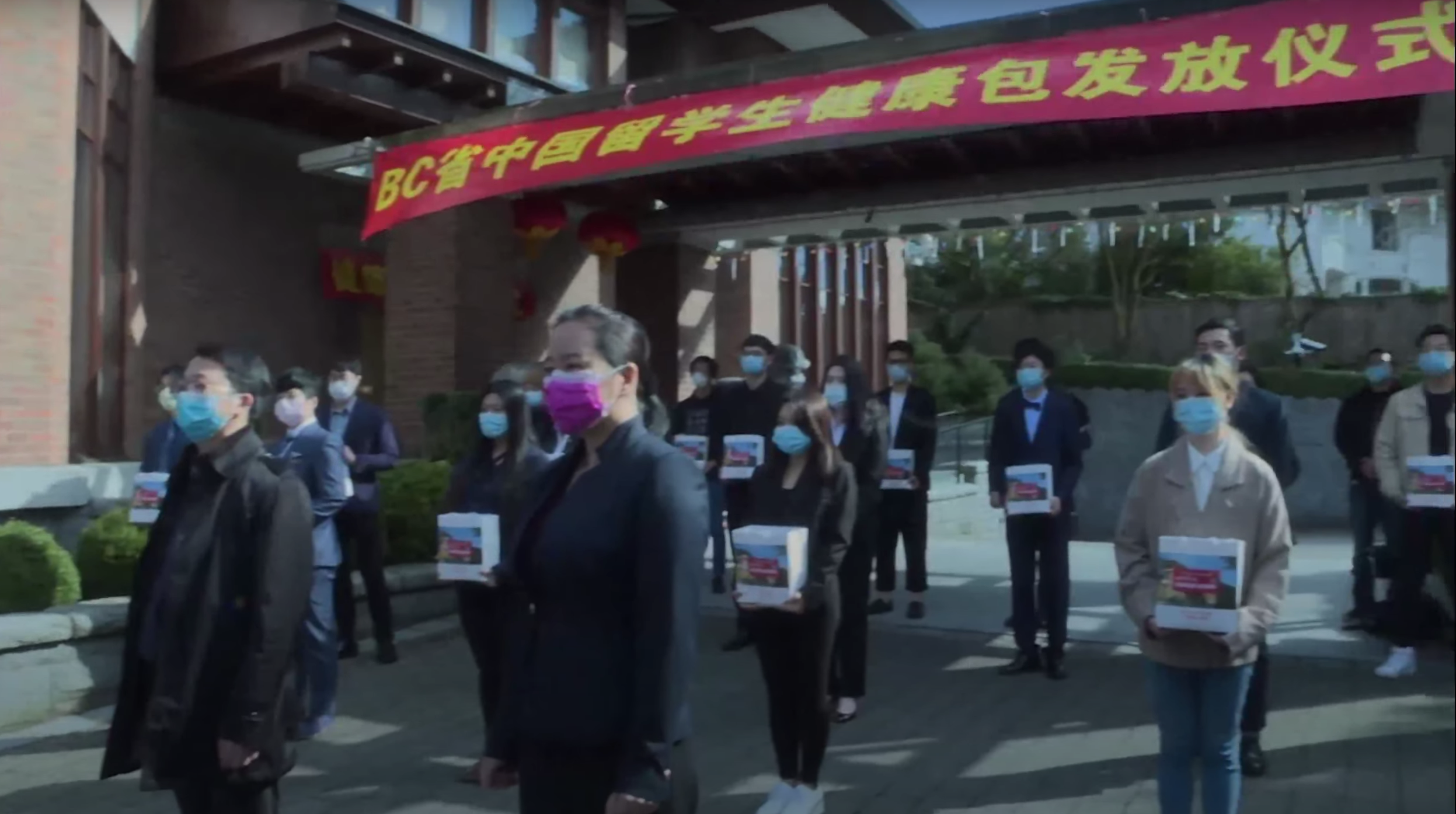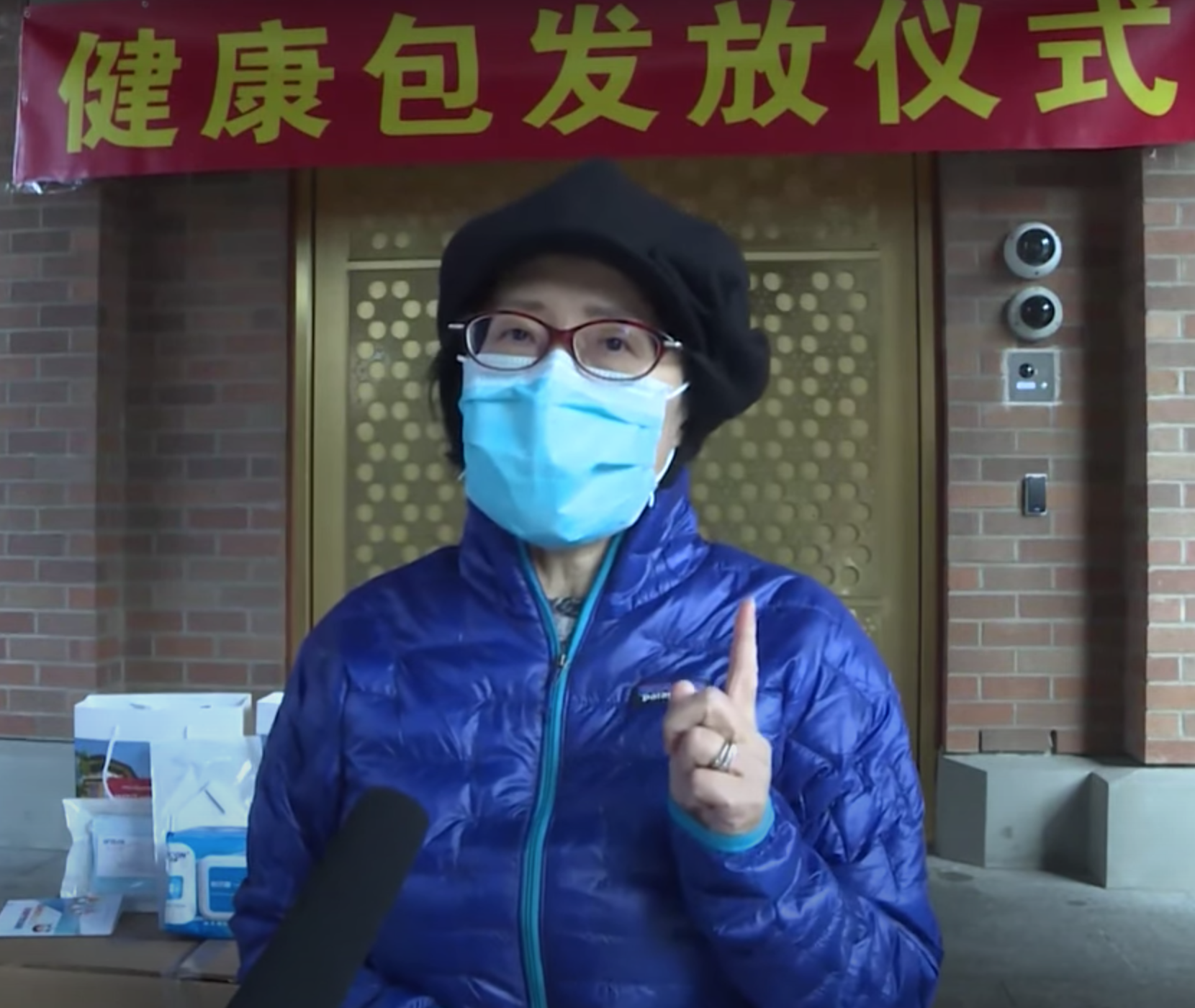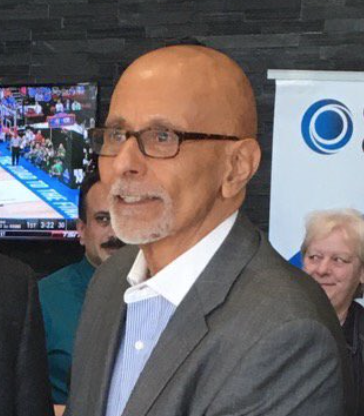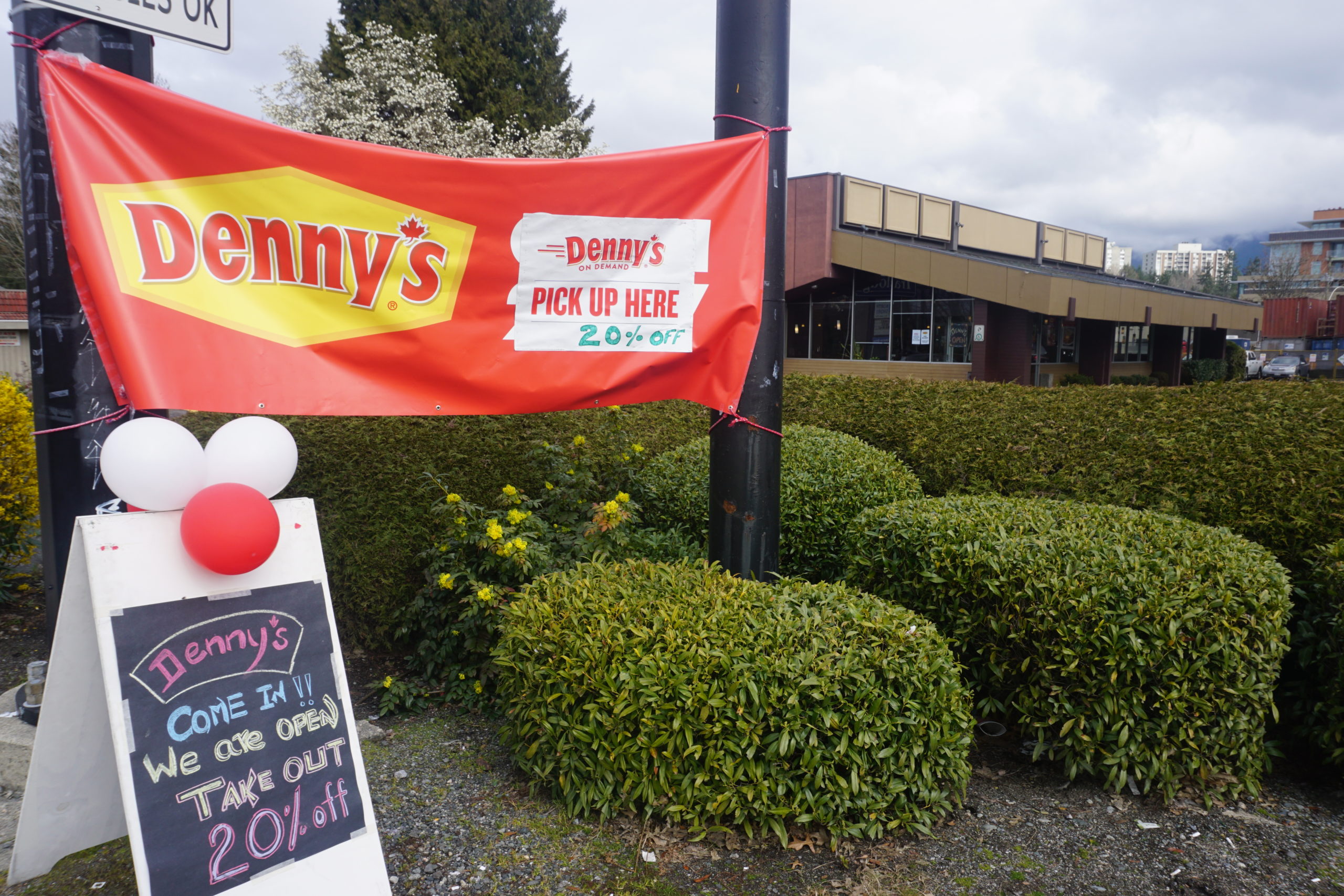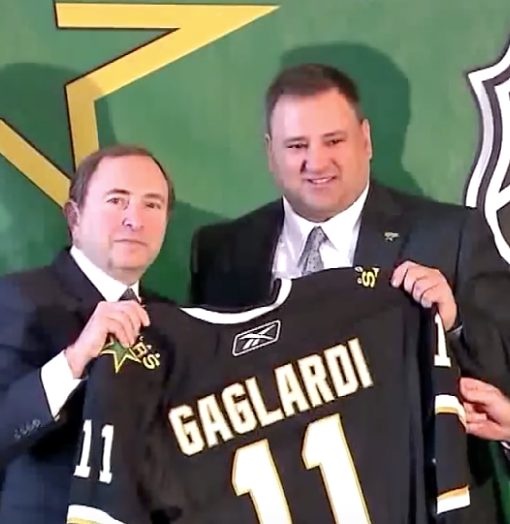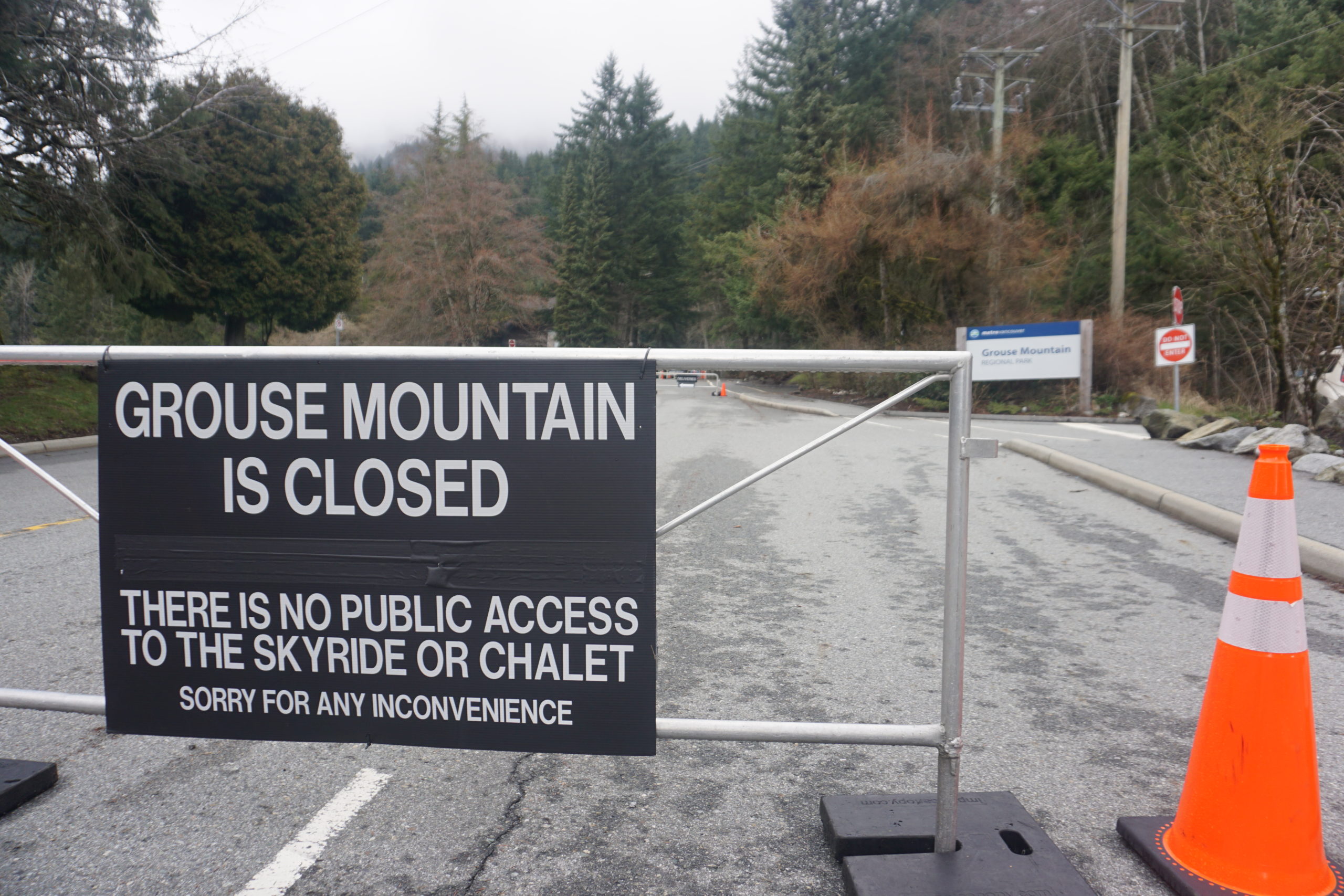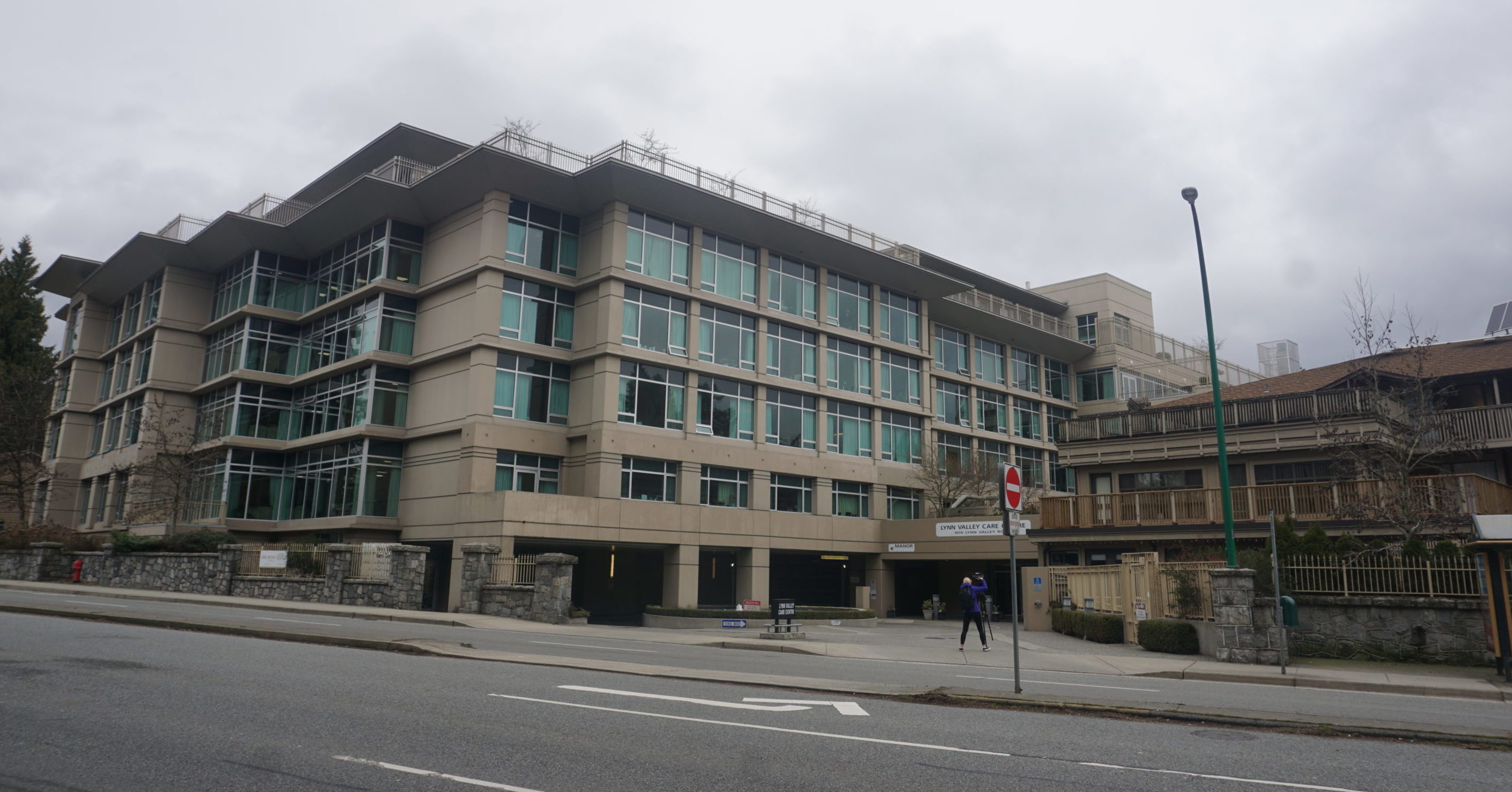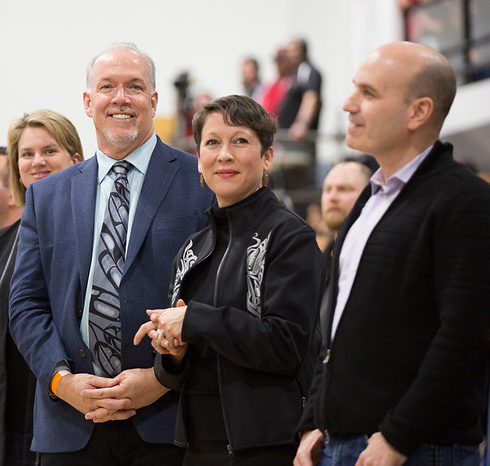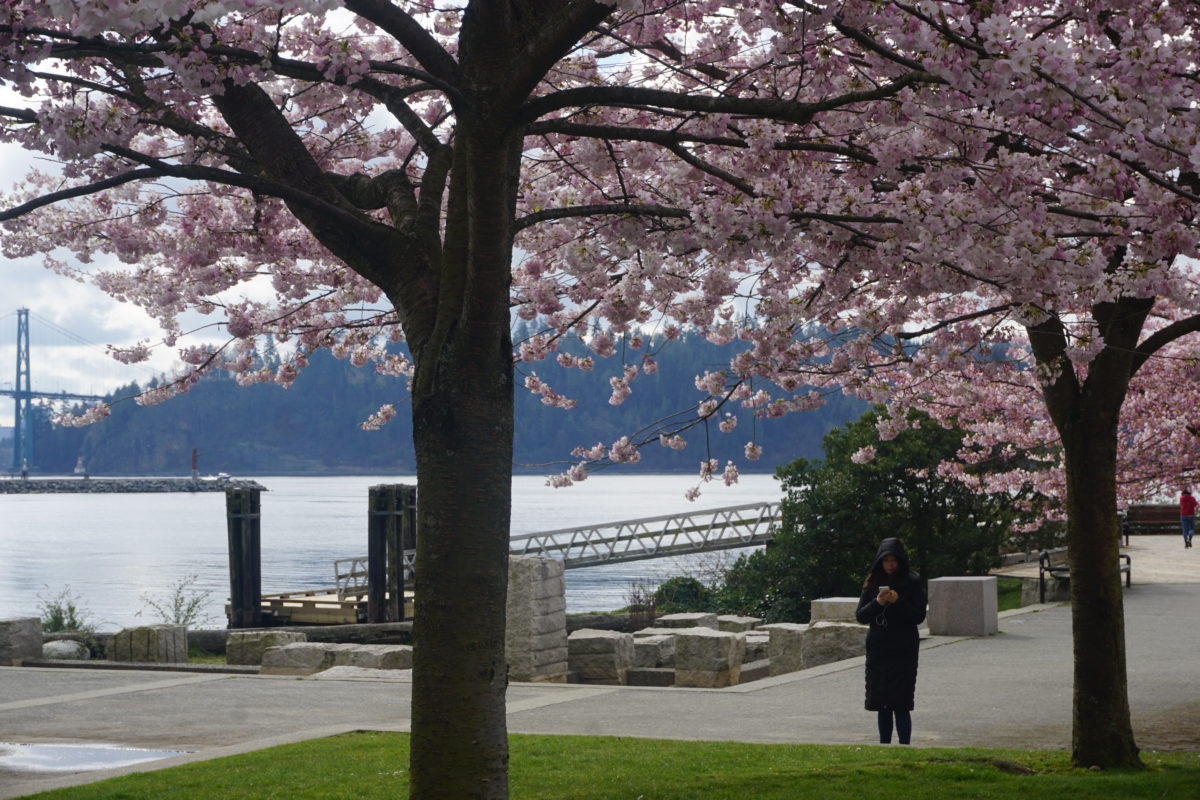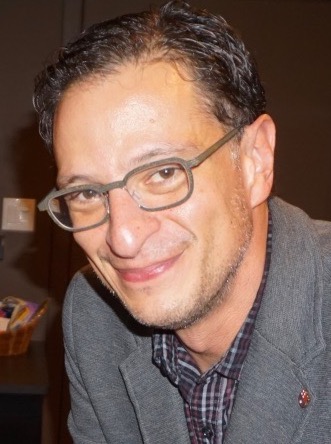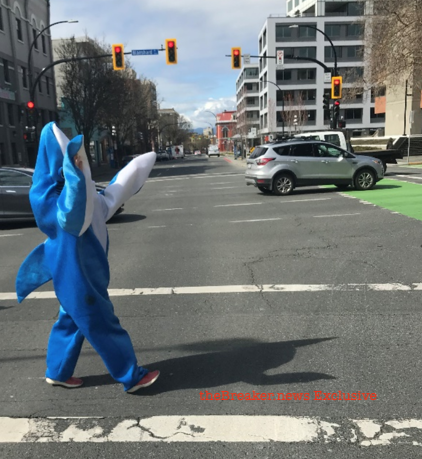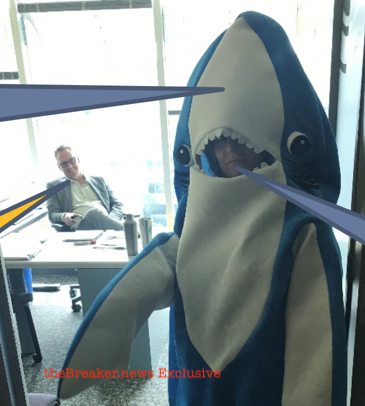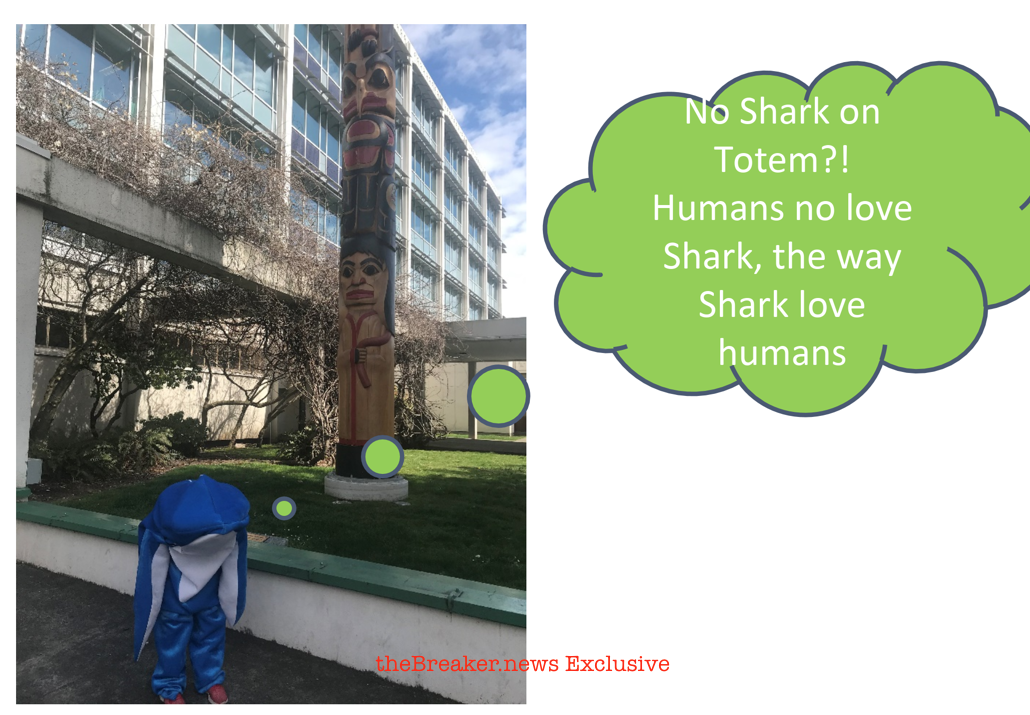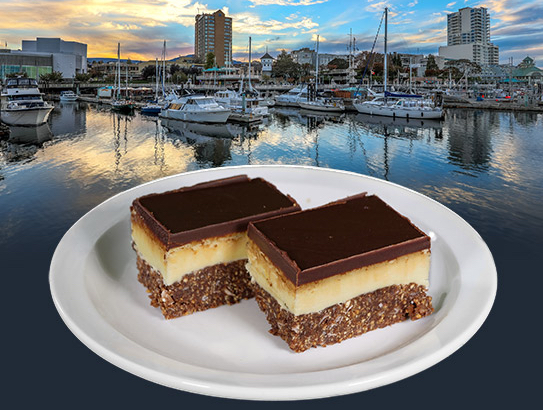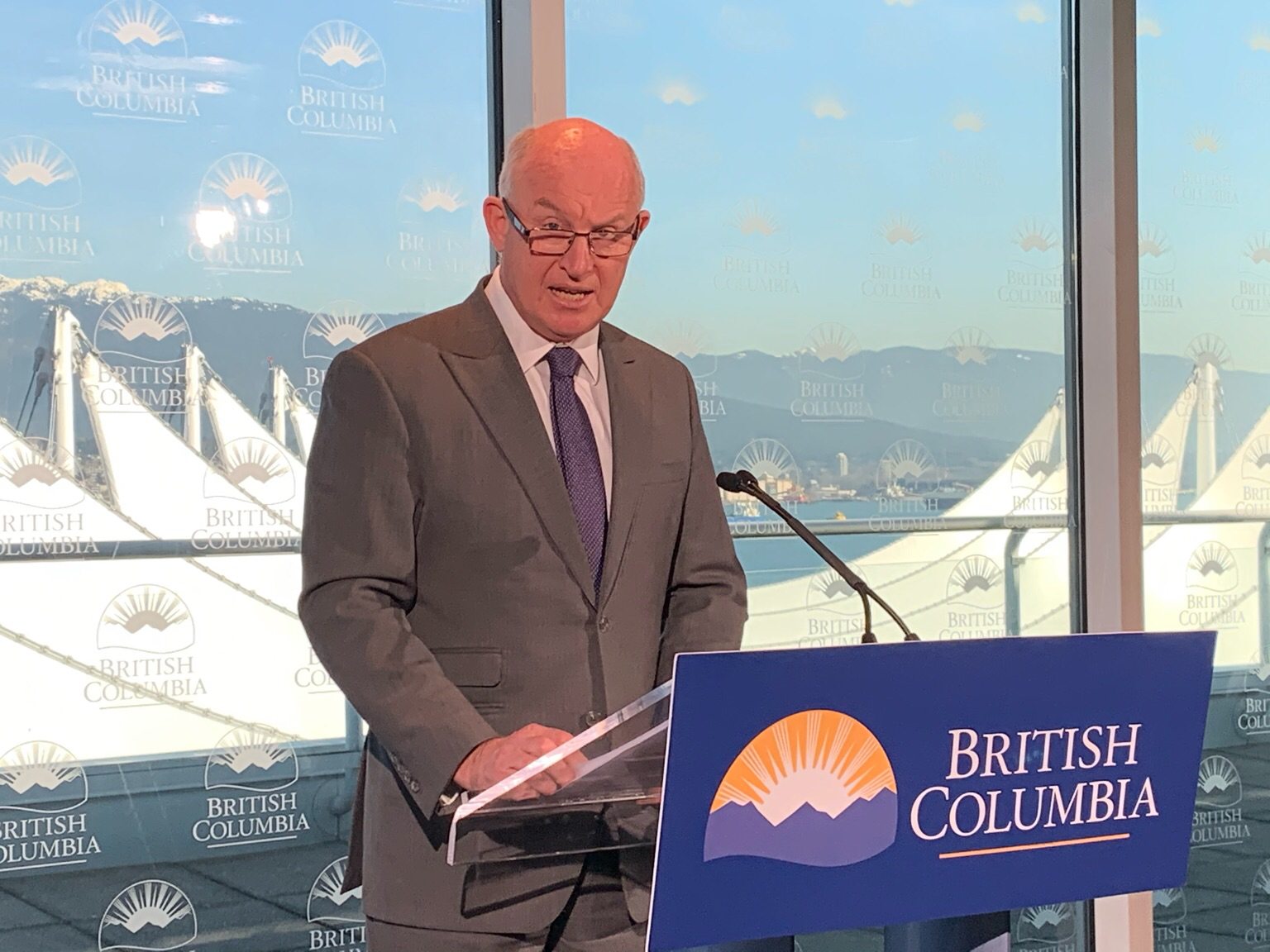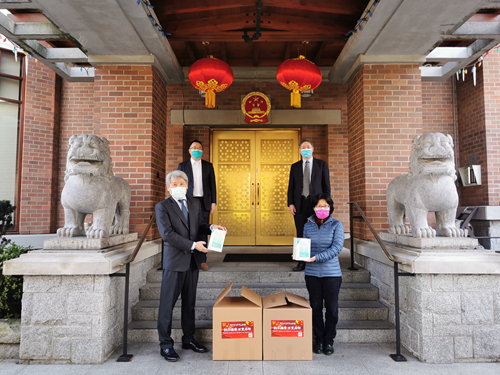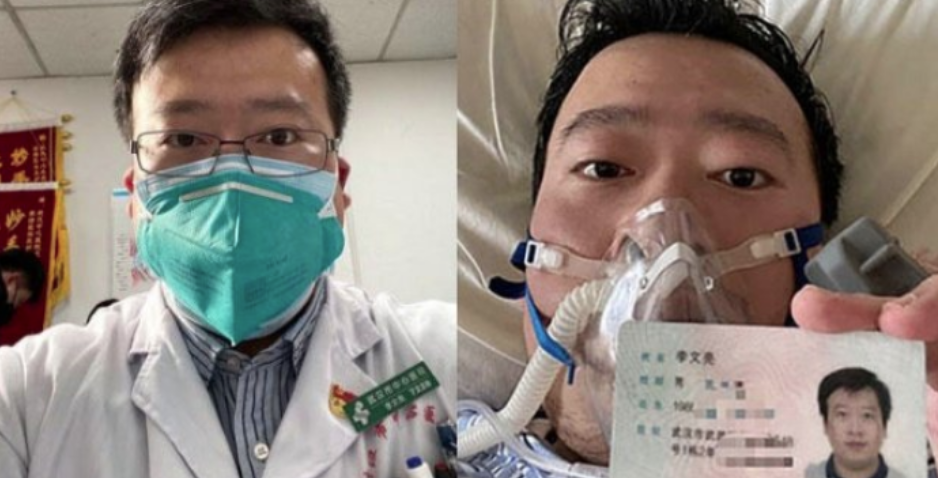COVID Exclusive: B.C. government searched under employee desks for N95 masks
Bob Mackin
Provincial Health Officer Dr. Bonnie Henry revealed March 25 that British Columbia’s inventory of personal protective equipment for doctors, nurses and paramedics had reached a “tenuous level.”
The World Health Organization had already raised the alarm on Feb. 7 about exhausted stockpiles and hyper-inflated prices on the world market.

Philip Twyford (LinkedIn)
Just how tenuous did B.C.’s shortage of masks become?
According to an April 7 staff memo from Assistant Deputy Minister Philip Twyford, government staff visited every office they could and literally looked under desks in order to nick the N95 masks out of workers’ earthquake kits.
Thousands of masks were redeployed from bureaucrats waiting for the Big One to the frontline in the battle against the coronavirus pandemic.
From: Twyford, Philip HLTH:EX
Sent: April 7, 2020 3:36 PM
To: HLTH All MOH Employees
Subject: N95 masks from earthquake kitGood afternoon;
As you know, we are currently experiencing a global demand for masks that can assist in infection control. They are critical for the safety of front-line health workers during the COVID-19 pandemic. As many public service employees are working remotely at this time, the masks that are in earthquake kits in BC Public Service offices have been collected to meet the immediate need for additional personal protective equipment. This was a cross government effort which provided thousands of masks to front-line health workers.
Facilities staff went to each workspace and removed the earthquake kits to check for masks. As a result, some workspaces may have been slightly disturbed when the masks were retrieved. Staff placed the earthquake kits on the floor, and did not reattach them to desks and other surfaces, so we can replenish the kits when a supply is available for this purpose.
Thank you for your understanding,
Philip
Philip Twyford, CPA, MBA, C.Dir
Assistant Deputy Minister and Executive Financial Officer
Finance & Corporate Services Division
Some of the N95s under the desks in government offices could have been gathering dust for a decade or two. Are they still useful? The answer is maybe.
According to the Centers for Disease Control guidance about Use of N95 Respirators Beyond the Manufacturer-Designated Shelf Life for Training and Fit Testing:
Emergency Desk Kit (DCV.gov.bc.ca)
In times of shortage, consideration can be made to use N95 respirators beyond the manufacturer-designated shelf life. However, expired respirators might not perform to the requirements for which they were certified. Over time, components such as the strap and material may degrade, which can affect the quality of the fit and seal. Because of this, use of expired respirators could be prioritized for situations where HCP [health care professionals] are NOT exposed to pathogens, such as training and fit testing. As expired respirators can still serve an important purpose, healthcare facilities should retain and reserve all N95 respirators during the pandemic.
At his April 13 news conference, Health Minister Adrian Dix said more PPE arrived over the weekend.
“Our supply continues to arrive in amounts that’s keeping us ahead of the need,” Dix said. “We’d love to say we’re in a position that where we’re flush for a long time. That is still no longer the case. We still have to work on this, both on the supply side and ensuring that we use PPE properly.”
- Looking for information on how to keep yourself and others healthy amid the coronavirus pandemic? Do you have symptoms? Click here for all you need to know, from HealthLinkBC.
Support theBreaker.news for as low as $2 a month on Patreon. Find out how. Click here.
Bob Mackin Provincial Health Officer Dr. Bonnie Henry







